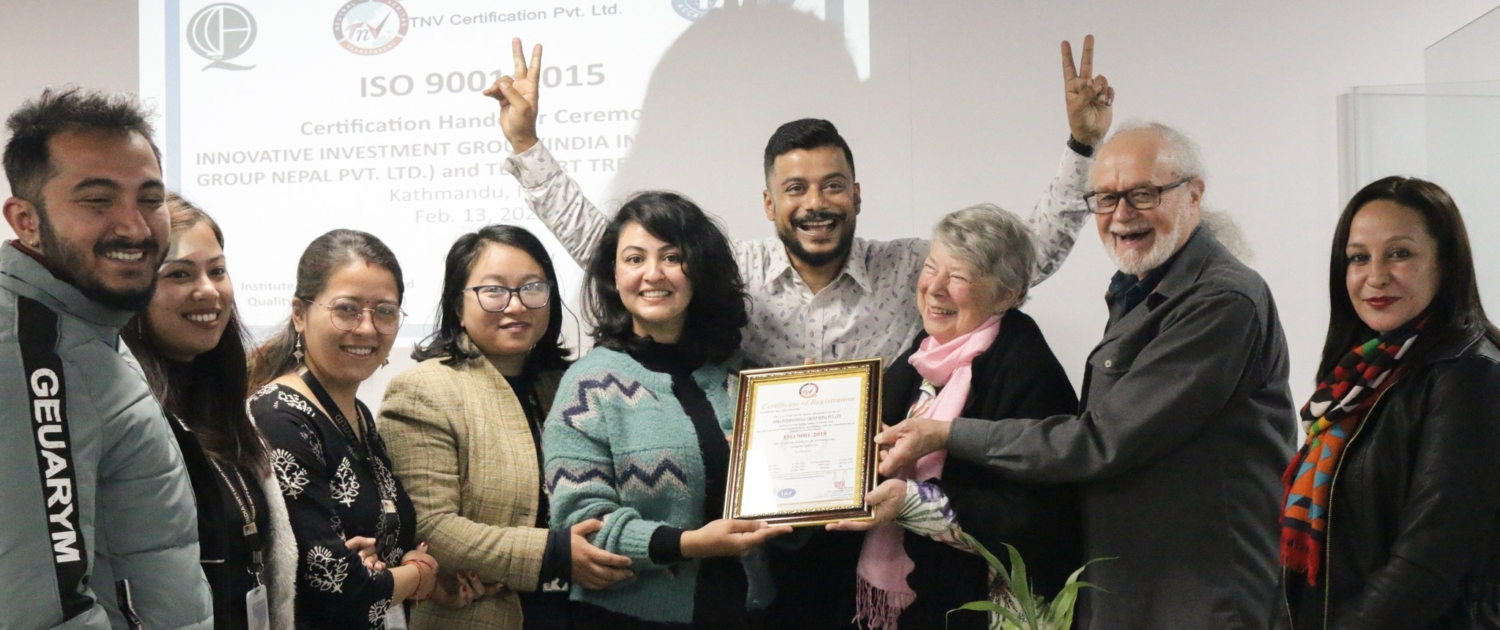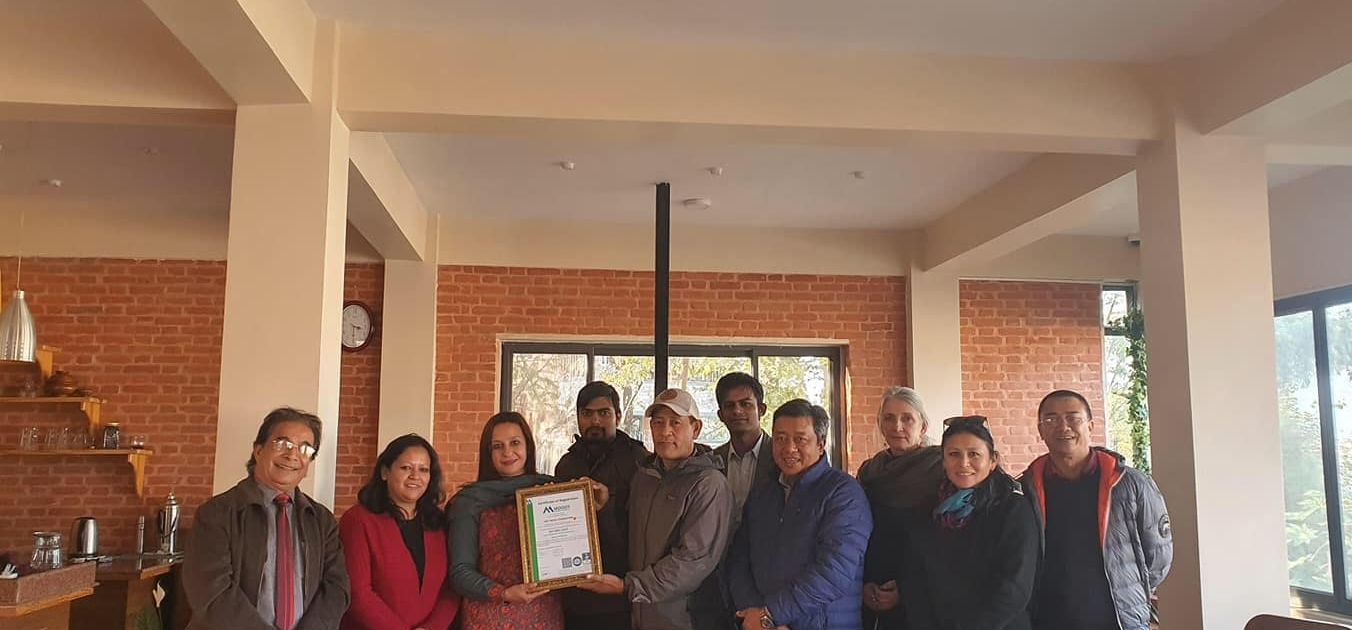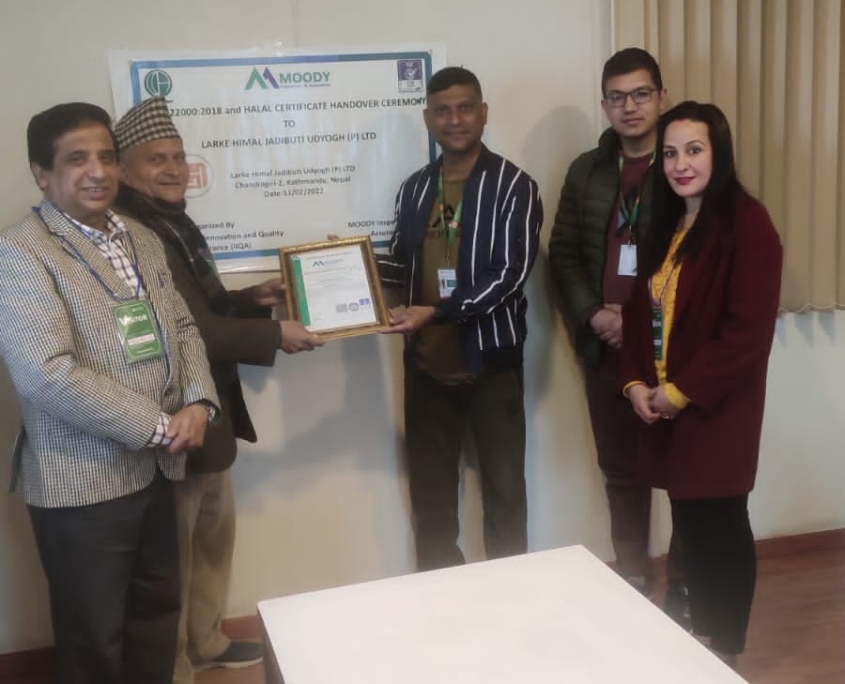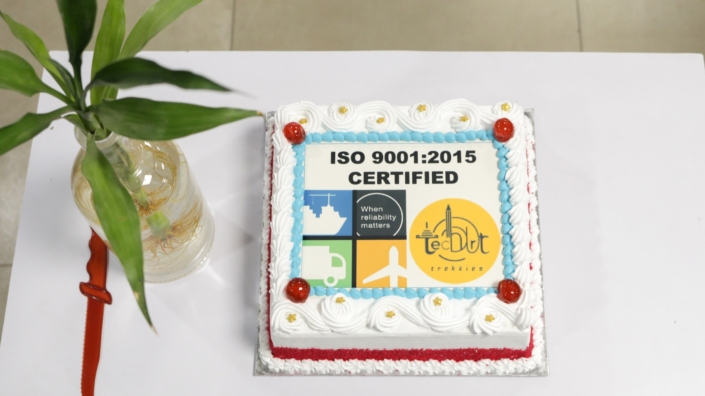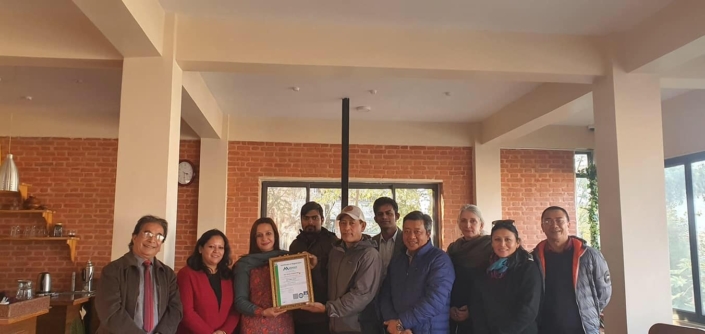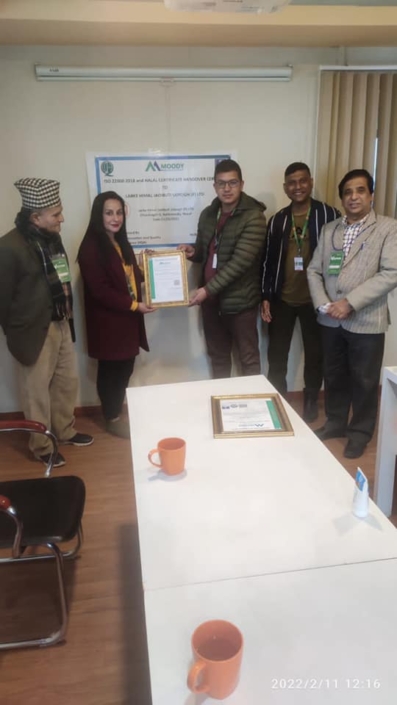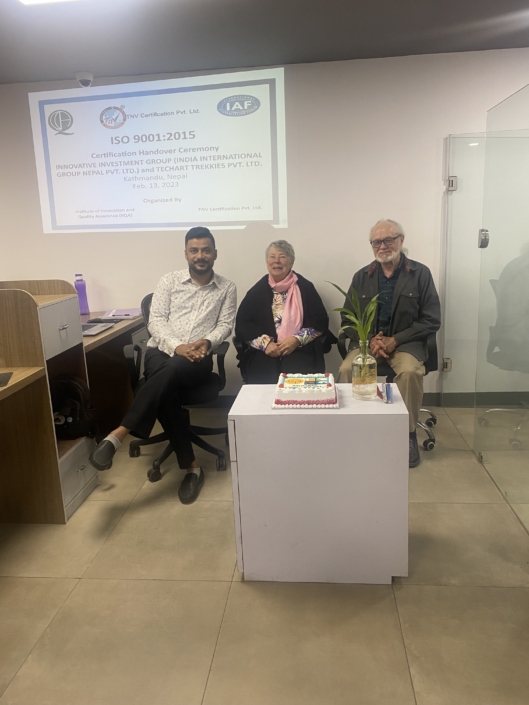Certification
IIQA works in close co-ordination with TNV Certification Private Limited to provide certifications against ISO 9001:2015 (Quality Management System), ISO 14001:2015 (Environmental Management System), OHSAS 18001:2007/ISO 45001:2018 (Occupational Health & Safety Management System), ISO 22000:2018 & FSSC 22000 (Food Safety), ISO 27001:2013 (Information Security Management), etc. and adhere to IAF (International Accreditation Forum) norms and accreditation standards. ISO 9001:2015 specifies requirements for a quality management system where an organization need to demonstrate its ability to consistently provide product that meets customer and applicable statutory and regulatory requirements. It defines good management system practices and aims at providing a global standard that spells out quality and trust.
The standard is designed to address the delicate balance between maintaining profitability and reducing environmental impact with the commitment of the entire organization. ISO 14001 specifies the most important requirements to identify, control and monitor the environmental aspects of any organization, and also how to manage and improve the whole system.
We provide certification support on:
Quality Management System- ISO 9001:2015
Environmental Management System- ISO 14001:2015
Educational Organization Management System (EOMS) – ISO 21001:2018
Food Safety Management System- ISO/FSMS 22000:2018
Information Security Management- ISO 27001:2013
Occupational Health and Safety Management- ISO 45001:2018
Social Accountability- SA 8000:2014
Testing and Calibration of Laboratories- ISO 17025:2017
Laboratory Quality Management- ISO 15189:2022
Integrated Management System- IMS
Total Quality Management – TQM
Certification Process
IIQA has been established with an aim of providing certification and training against various ISO standards. ISO Certification process follows different steps such as; choosing the type of ISO Certification (standard) & an ISO Certification Body, Registration for Certification, Initial Assessment.
STEPS
- Review of the Management Systems documents including Standing Orders, Standard Operating Procedures (SOP), Work Instructions (WI), Maintenance and Safety Instructions, Work Flow diagrams, Formats / Forms and Records etc.).
- Prepare, upgrade, Finalize, Approve & circulate the Management System Certificates Scope, Policy and Objectives.
- Conduct Training for Internal Auditor Course, Train Internal Auditors, and Conduct ONE Internal Audit and Management Review Meeting
- Assist in Stage – 1, Audit for Implementation as per Standards.
- Take Corrective Actions based on the Stage – 1 Audit report (Assess the established management system’s documentation & preparedness for stage 2).
- Assist in Stage – 2, Certification Audit for the issuance of Certificate.
- Assist to prepare proper Manual and other related documents before final submission to Certification Body as per required standard requirements.
- During the certification cycle of three years, continuing assessments (surveillance audits) on yearly basis needs to be conducted to ascertain the compliance of established management system to the relevant standard and in certain circumstances during continuing assessments such as non-compliance with the relevant standard, it may be necessary to make special visits (follow up audits).
Expertise & Competency
Trainers and Auditors associated with IIQA are well qualified, trained and experienced to carry out integrated assessments with minimal disruption of work at the client’s place. IRCA certified IIQA experts are easily accessible to help you in improving the quality management system in your organization. Working with IIQA has following benefits to your organization:
- IIQA helps you in assuring compliance against national and international standards
- It shows you the way of achieving excellence on the organization’s performance
- IIQA’s professional and experienced experts provide you assistance for improved management system.
Certification of Academic Institutes
IIQA has strong competency on improving the quality of academic institutes such as schools, colleges, training centres etc. It provides training on various themes of quality management appropriate to the academic institutes and also supports such organization on getting ISO certification. IIQA helps them to get ISO 21001 certification which specifies requirements for a management system for educational organizations (EOMS). All requirements of ISO 21001:2018 are generic and intended to be applicable to any organization that uses a curriculum to support the development of competence through teaching, learning or research, regardless of the type, size or method of delivery.
The essential steps to becoming an ISO-certified business are as follows.
- Develop your management system. Identify your core or business processes. …
- Implement your system. Ensure procedures are being performed as they are described in your documentation.
- Verify that your system is effective.
- Register your system.


